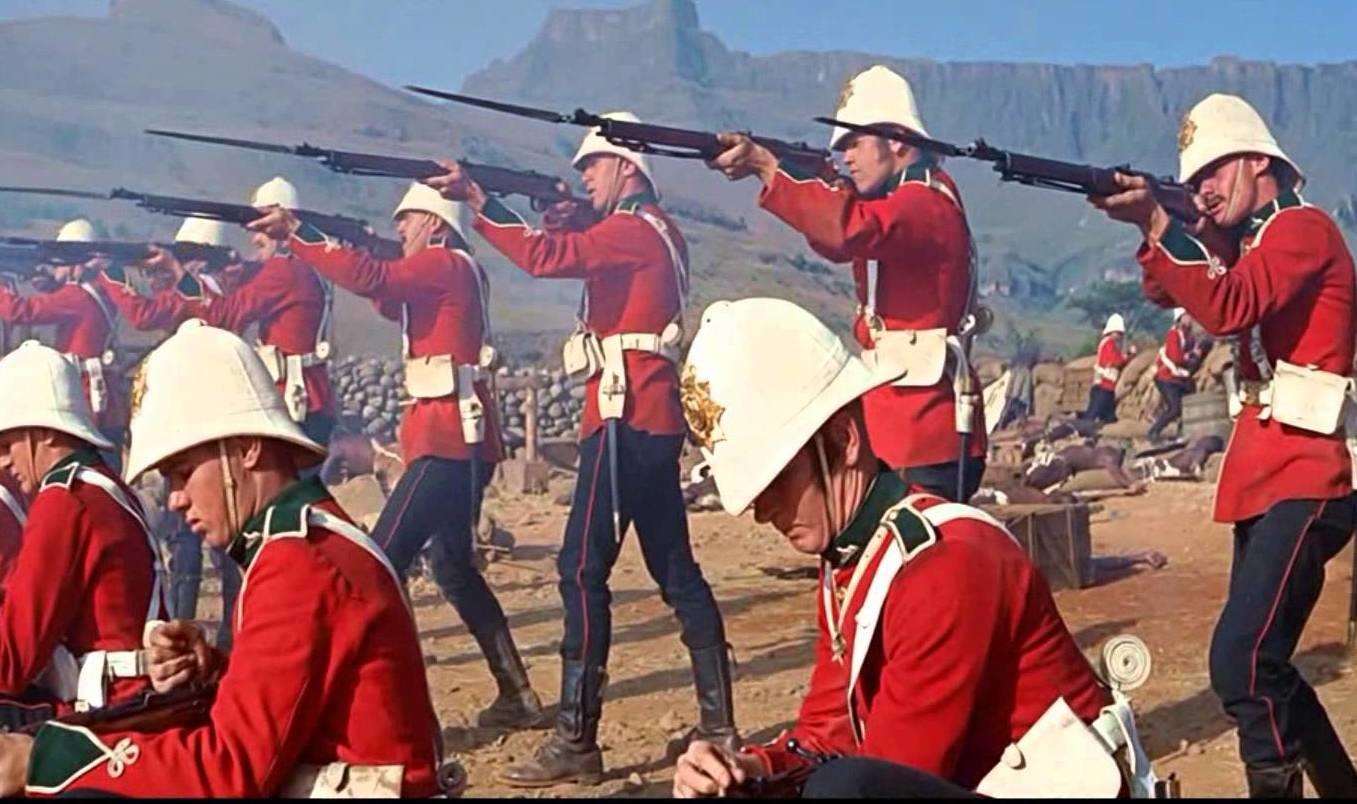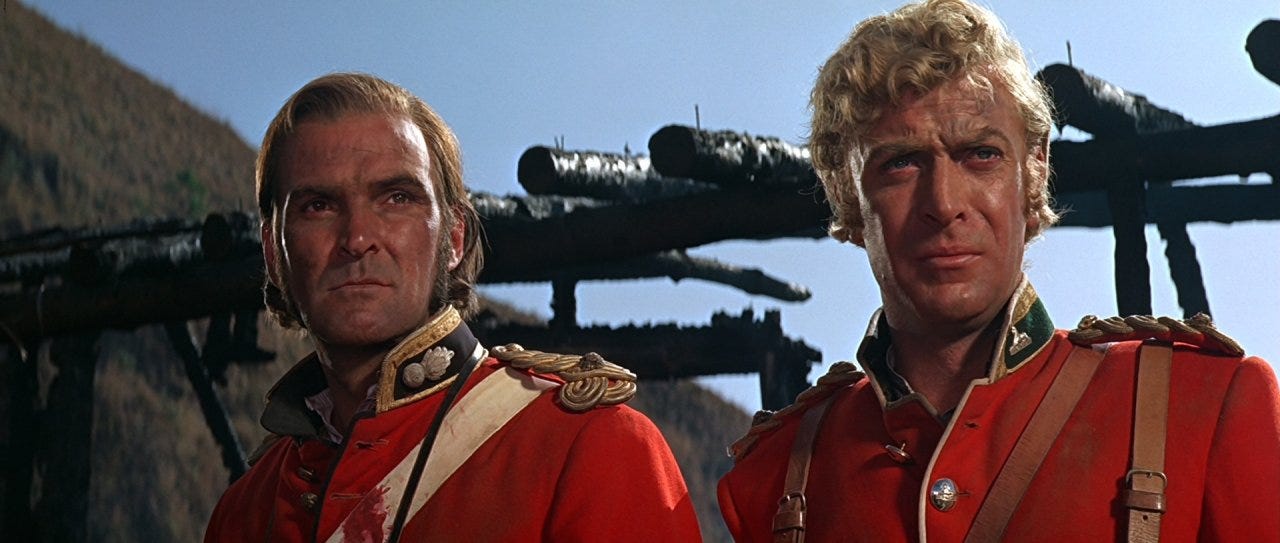Zulu (1964)

Title: Exploring the Epic Historical Drama: “Zulu” (1964)
Introduction
Released in 1964, “Zulu,” directed by Cy Endfield, stands as a quintessential historical drama that encapsulates bravery, endurance, and the harsh realities of colonial conflict. This British film is renowned for its gripping portrayal of the Battle of Rorke’s Drift, a pivotal encounter during the Anglo-Zulu War of 1879.
Plot Overview
“Zulu” dramatizes the heroic defense of Rorke’s Drift, where a small contingent of British soldiers, numbering around 150, valiantly held off thousands of Zulu warriors. The film meticulously depicts the intense siege, showcasing the tactical challenges faced by the defenders and the unwavering spirit of both the British soldiers and their formidable Zulu adversaries.
Historical Context
The Anglo-Zulu War was a conflict between the British Empire and the Zulu Kingdom in South Africa. The Battle of Rorke’s Drift occurred after the British suffered a major defeat at the Battle of Isandlwana. The Zulu warriors, driven by their own strategic goals and resistance to colonial domination, launched a fierce assault on the mission station, which was fortified as a defensive stronghold.

Themes and Significance
“Zulu” delves deeply into themes of heroism, colonialism, and the clash of cultures. The film explores the valor and resilience of the British soldiers, many of whom were ordinary men thrust into extraordinary circumstances. Their staunch defense against overwhelming odds is portrayed with dramatic intensity, illustrating their courage and tactical ingenuity.
At the same time, “Zulu” does not shy away from acknowledging the Zulu warriors’ bravery and strategic prowess. The film presents them as formidable opponents, reflecting the complex nature of colonial conflicts and the impact on indigenous cultures. This nuanced portrayal offers a more balanced perspective on the historical events, challenging simplistic or one-sided narratives.












